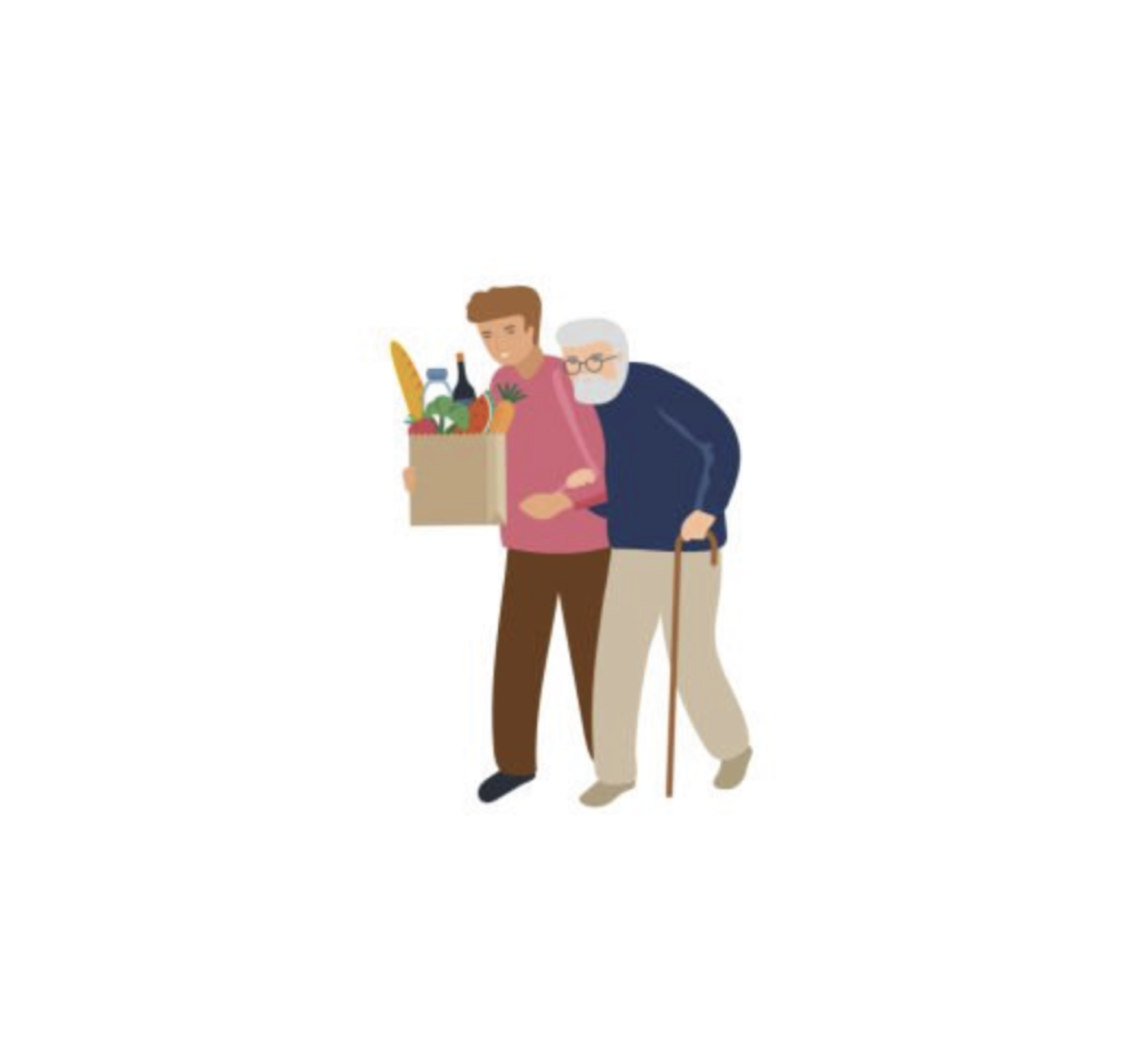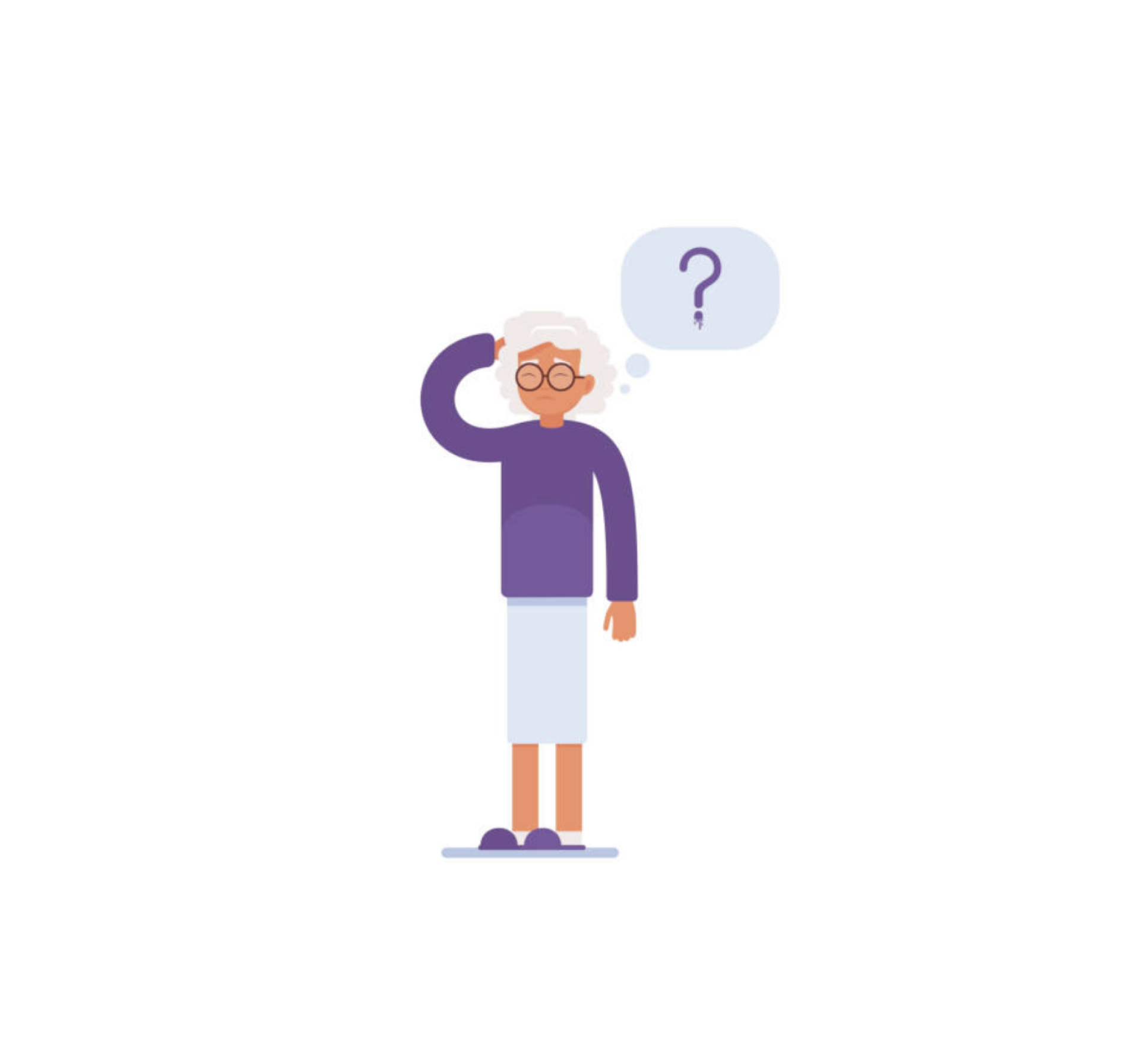Welcome to the CPR Blog
Your destination for original articles and important information about upcoming CPR events.
Strengthening Age-Friendly Communities by Addressing Behavioral Health Concerns Among Older Adults
September 17, 2024
by Bronwyn Keefe, PhD, MPH, MSW
In 2022, the U.S. population aged 65 and older numbered approximately 58 million, or 17% of the total U.S. population, and by 2040, it is estimated that this number will increase to 78 million older adults. As the older adult population grows, so will the number of older adults who need mental health services and support. According to a report from the Substance Abuse and Mental Health Services Administration (SAMHSA), within the past year, 1 in 8 older adults had a mental illness and 1 in 11 had a substance use disorder. Individuals aged 85 and older have the highest rate of suicide compared to other age groups, highlighting the urgency of addressing mental health concerns in the older adult population (CDC, 2023).

Across the country, cities and towns are moving toward becoming “age-friendly.” The Age-Friendly initiative includes efforts to make communities more welcoming and livable for older residents and people of all ages. Many of the Age-Friendly efforts focus on features such as walkable streets, better housing, more transportation options, and access to key services and opportunities yet few focus on the mental health of its older adult citizens. In 2018, the Center for Aging & Disability Education & Research (CADER) at Boston University School of Social Work, along with Age Friendly New Bedford in Massachusetts, designed a program to increase attention to behavioral health issues among older adults in the context of an existing Age-Friendly initiative. With positive outcomes from this first initiative, CADER is now replicating this program with Salem MA through their Age-Friendly initiative, Salem for All Ages. The three-tier program developed and implemented by CADER addresses the barriers of stigma to mental health care, the lack of behavioral health knowledge among older adults, and insufficient workforce training in behavioral health and aging.
Tier 1: Anti-Stigma Campaign

One of the main efforts in this program focuses on addressing stigma. After an extensive review of stigma reduction programs, CADER developed a blueprint for an anti-stigma campaign that guided our activities. Together with the age-friendly community, we developed a media campaign, logo, and slogan so all efforts had an identifiable name and face to anchor our programming. We created media pieces (e.g., handouts, flyers, and articles) addressing aging and emotional well-being. These provided information on identifying and intervening around issues of depression, dementia, substance use, suicide, and social isolation. Each piece included the name and contact information of a relevant local community resource, where individuals could reach out for more information and support with the issues presented. Additionally, we translated all of these into Spanish and Portuguese to meet the needs of the area. These were distributed to housing communities, health care sites, libraries, community spaces, and through social media channels. Through this activity, we reached thousands of older adults and highlighted the importance of mental health as a key component in developing age-friendly communities.
Tier 2: Workshops for Older Adults

Our next effort focuses on providing workshops to older adults in the community, as the more people know about behavioral health issues, the more likely they are to seek help. To increase knowledge and decrease stigma, we held community events covering behavioral health-related topics, such as:
- Enhancing Mental Wellness
- Combatting Social Isolation and Intergenerational Programming
- Substance Use and Harm Reduction among Older Adults
- Coping with Loss and Change as We Age
- Suicide Prevention among Older Adults
These workshops were well-received with comments such as “Very informative about mental illness” and “It’s nothing to be ashamed of. Talk to someone. Get help.”
Tier 3: Workforce Training

Given the importance of workforce training in aging and behavioral health, CADER developed an online certificate program in this topic area. This 19-hour, self-paced Behavioral Health in Aging Certificate Program is comprised of the following five courses:
- Mental Health and Aging Issues
- Suicide Prevention among Older Adults
- Mental Wellness and Resilience among Older Immigrants and Refugees
- Substance Use among Older Adults
- Alzheimer’s Disease and Other Dementias
The goals of this training include increasing provider and community competence related to the recognition of signs and symptoms of common cognitive, substance use, and mental health conditions; increasing knowledge on suicidality; addressing the impact of stigma when working with older adults; understanding how and where to make referrals for assistance; and identifying the stressors and barriers faced by older immigrants and refugees as well as understanding the strengths and resources found in immigrant and refugee communities.
This online certificate was offered to learners from diverse settings, such as staff from senior centers, elder service organizations, housing authorities, mental health centers, medical centers, faith-based leaders, and first responders. Over 90%, agreed that the training expanded their ability to identify resources and services available for treating mental health conditions in older adults and their families There are a variety of training opportunities for providers in the field of aging with a mental health condition, some of which can be found in the SILVER RRTC Training Library
In conclusion, for older adults to be fully engaged in community life, behavioral health concerns need to be addressed with a focus on social isolation, depression, and substance use. Many Age-Friendly efforts do not address these issues even though significant numbers of older adults are impacted. Without a community-wide capacity-building effort, behavioral health issues among older adults often fade into the background. Our findings show that a three-tiered approach to incorporating mental health and wellness into Age-Friendly initiatives is a successful model that could be replicated across the country. Based on the knowledge gained, we will continue to work together with Age-Friendly communities to identify sustainable community-based initiatives to address the emotional well-being of older adults.
**Interested in more content like this from leaders in the field of healthy aging? We offer a free training library, regular free interactive webinars, and more! Subscribe in the sidebar to stay up to date on all the latest content and be sure to explore our other resources on the SILVER Portal!**
Notice: The contents of this post were developed under a grant from the National Institute on Disability, Independent Living, and Rehabilitation Research (NIDILRR grant number 90RTHF0007). NIDILRR is a Center within the Administration for Community Living (ACL), Department of Health and Human Services (HHS). The contents of this post do not necessarily represent the policy of NIDILRR, ACL, or HHS, and you should not assume endorsement by the Federal Government.